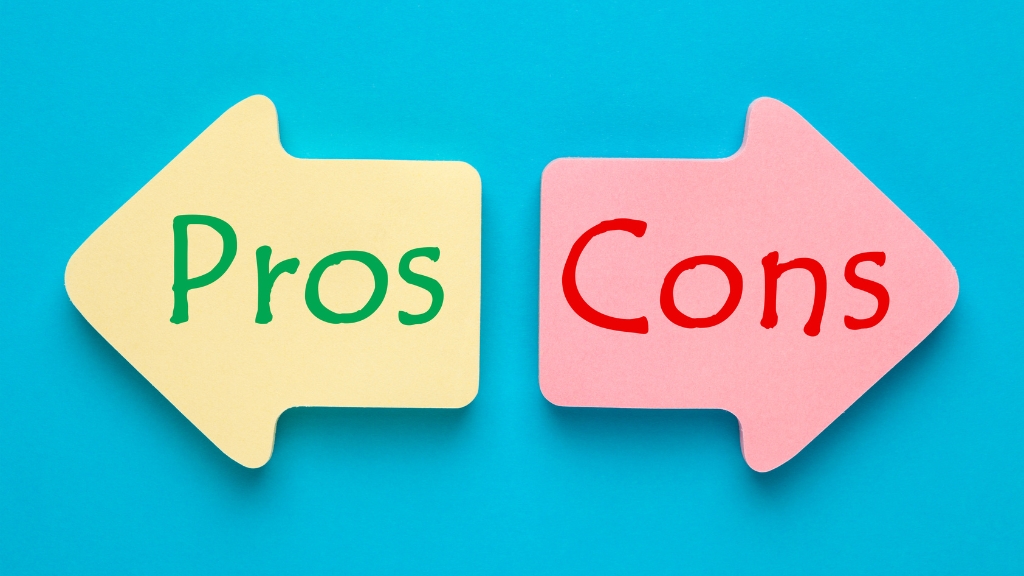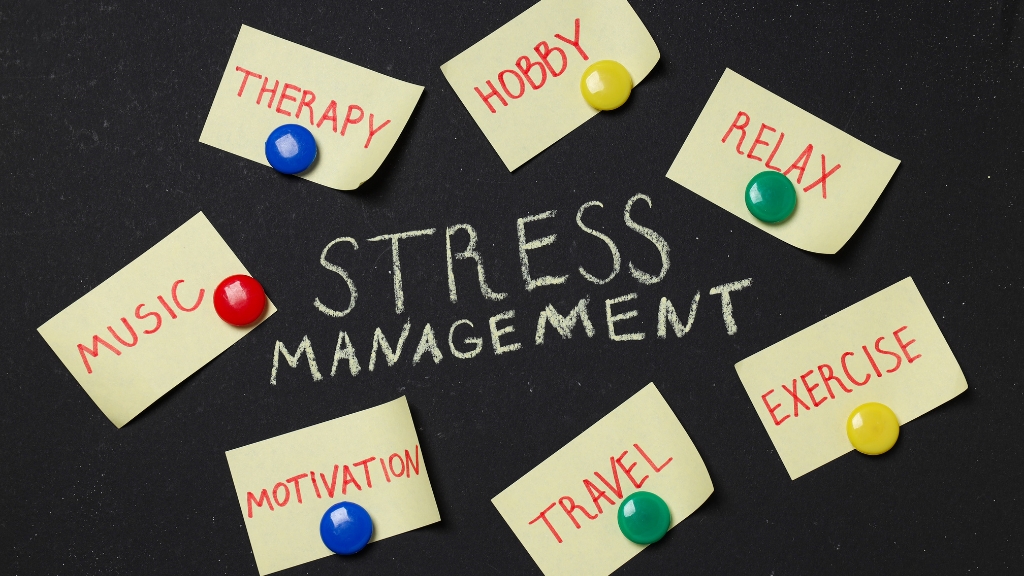
A Guide to Different Types of Counseling for Mental Wellness
Counseling is a powerful resource that supports mental health and personal growth by offering strategies to manage life’s challenges, heal from trauma, and promote well-being. Various types of counseling exist to address unique needs and concerns, allowing individuals to select an approach that best aligns with their circumstances. Here’s a comprehensive guide to different types of counseling, their benefits, and how they contribute to mental wellness.
- Cognitive Behavioral Therapy (CBT)
Cognitive Behavioral Therapy (CBT) is a structured approach to identifying and reshaping negative thought patterns that contribute to emotional distress. CBT helps individuals become more aware of their thought processes and provides tools to transform them into constructive ones.
- Best For: Anxiety, depression, OCD, and PTSD.
- Benefits: Builds coping skills, focuses on present challenges, and empowers clients to change unhelpful behaviors.
- Psychodynamic Counseling
Psychodynamic counseling explores how unconscious feelings and past experiences influence present behavior. This approach encourages self-awareness and insight by analyzing patterns and addressing unresolved emotions that may stem from early life experiences.
- Best For: Deep-rooted emotional issues, trauma, and relationship challenges.
- Benefits: Increases self-understanding, promotes emotional healing, and reveals how past influences affect current behavior.
- Humanistic Counseling
Humanistic counseling takes a client-centered approach, prioritizing personal growth, self-acceptance, and self-actualization. By fostering a non-judgmental and supportive environment, therapists encourage individuals to take responsibility for their actions and achieve their potential.
- Best For: Building self-esteem, personal growth, and relationship improvements.
- Benefits: Encourages self-exploration, fosters a positive self-image, and emphasizes individual strengths.
- Family Therapy
Family therapy addresses challenges within the family system by improving communication, understanding, and relationships. This approach involves all family members, fostering a collaborative environment to work through conflicts and enhance family dynamics.
- Best For: Family conflicts, parenting issues, and family-related stress.
- Benefits: Strengthens family bonds, improves communication, and provides practical dispute resolution strategies.
- Couples and Marriage Counseling
Couples counseling focuses on improving the quality of relationships by addressing issues like communication, trust, and intimacy. This therapy helps partners understand each other’s perspectives and develop tools for a stronger, healthier partnership.
- Best For Relationship issues, premarital counseling, and significant life transitions.
- Benefits: Builds effective communication, improves relationship satisfaction, and provides conflict-resolution skills.
- Grief Counseling
Grief counseling offers support for individuals who are experiencing loss, whether through the death of a loved one, a breakup, or other life changes. It provides a safe space to process emotions, work through stages of grief, and develop ways to cope with loss.
- Best For: Loss, bereavement, and life transitions.
- Benefits: Supports emotional healing, normalizes the grieving process, and offers coping strategies.
- Career Counseling
Career counseling helps individuals navigate career choices, set professional goals, and address workplace issues. Counselors use tools like assessments and goal-setting exercises to guide clients toward a career that aligns with their skills and aspirations.
- Best For: Career changes, job stress, and professional growth.
- Benefits: Clarifies career goals, highlights strengths and reduces job-related stress.
- Substance Abuse Counseling
Substance abuse counseling provides structured support for individuals struggling with addiction, helping them identify the underlying causes of substance use and develop coping mechanisms for a sober lifestyle.
- Best For: Addiction, recovery, and relapse prevention.
- Benefits: Builds resilience, offers a structured recovery plan, and addresses the psychological aspects of addiction.
- Trauma Counseling
Trauma counseling focuses on helping individuals process and recover from traumatic events. Therapies such as Eye Movement Desensitization and Reprocessing (EMDR) may be used to work through trauma and reduce symptoms of PTSD.
- Best For: PTSD, abuse, accidents, and other traumatic experiences.
- Benefits: Helps process traumatic memories, builds resilience, and fosters emotional healing.
- Mindfulness-Based Counseling
Mindfulness-based counseling incorporates meditation, breathwork, and self-awareness to help individuals stay present and reduce stress. This approach encourages a balanced mental state by teaching skills to cope with overwhelming thoughts and emotions.
- Best For: Stress, anxiety, and inner peace.
- Benefits: Promotes mental clarity, reduces stress, and enhances self-awareness.
- Art and Music Therapy
Art and music therapy allow individuals to express emotions creatively. By engaging in artistic or musical activities, clients can access emotions that may be difficult to express verbally, fostering self-discovery and emotional release.
- Best For: Emotional expression, stress relief, and self-discovery.
- Benefits: Encourages non-verbal expression, reduces anxiety, and provides a therapeutic outlet for emotions.
- Group Therapy
Group therapy involves a small group of individuals sharing similar issues, led by a trained therapist. This setting fosters a supportive environment where clients can learn from one another’s experiences, develop social skills, and build connections.
- Best For: Social anxiety, addiction recovery, and support through shared experiences.
- Benefits: Builds community, reduces isolation, and offers peer support.
- Acceptance and Commitment Therapy (ACT)
ACT combines mindfulness and behavioral strategies, encouraging individuals to accept their thoughts and feelings rather than fighting them. ACT helps clients commit to values-driven actions and promotes psychological flexibility.
- Best For: Anxiety, depression, and chronic pain.
- Benefits: Reduces emotional distress, encourages self-compassion, and fosters value-driven actions.
Choosing the Right Type of Counseling for You
Selecting the correct type of counseling depends on individual needs, goals, and comfort levels. Exploring various counseling options can help you find the most effective approach. For those unsure, consulting with a mental health professional can clarify which method may be the best fit.
FAQs
Q: How do I know which type of counseling is best for me?
A: A mental health professional can guide you based on your challenges and goals. Trying different approaches is also an option to find the best fit.
Q: Is counseling confidential?
A: Yes, counseling is confidential, with some exceptions for safety and legal requirements.
Q: How long does counseling typically take?
A: The duration varies based on individual needs, the type of counseling, and goals. Some people benefit from short-term counseling, while others may engage in therapy long-term.
Q: Can I try multiple types of counseling?
A: Yes, combining different counseling types can be beneficial, mainly if they address various aspects of well-being.
Leave a Reply
- AI in Diagnostics: Revolutionizing Early Detection and Accuracy
- How AI and Advanced Analytics Are Transforming Healthcare Outcomes
- Investing with Confidence: The Role of ROI Calculators
- How ROI Calculators Drive Data-Driven Business Strategies
- The Ultimate Guide to ROI Calculators for Business Success
- Making Sense of ROI Calculators: A Comprehensive Guide
- June 2025 (1)
- May 2025 (1)
- October 2024 (2)
- September 2024 (31)
- August 2024 (31)
- July 2024 (27)
- June 2024 (28)
- May 2024 (30)
- April 2024 (33)
- March 2024 (23)
- February 2024 (29)
- January 2024 (3)
- December 2023 (47)
- November 2023 (36)
- October 2023 (23)
- September 2023 (2)
- June 2023 (2)
- May 2023 (13)
- April 2023 (1)




